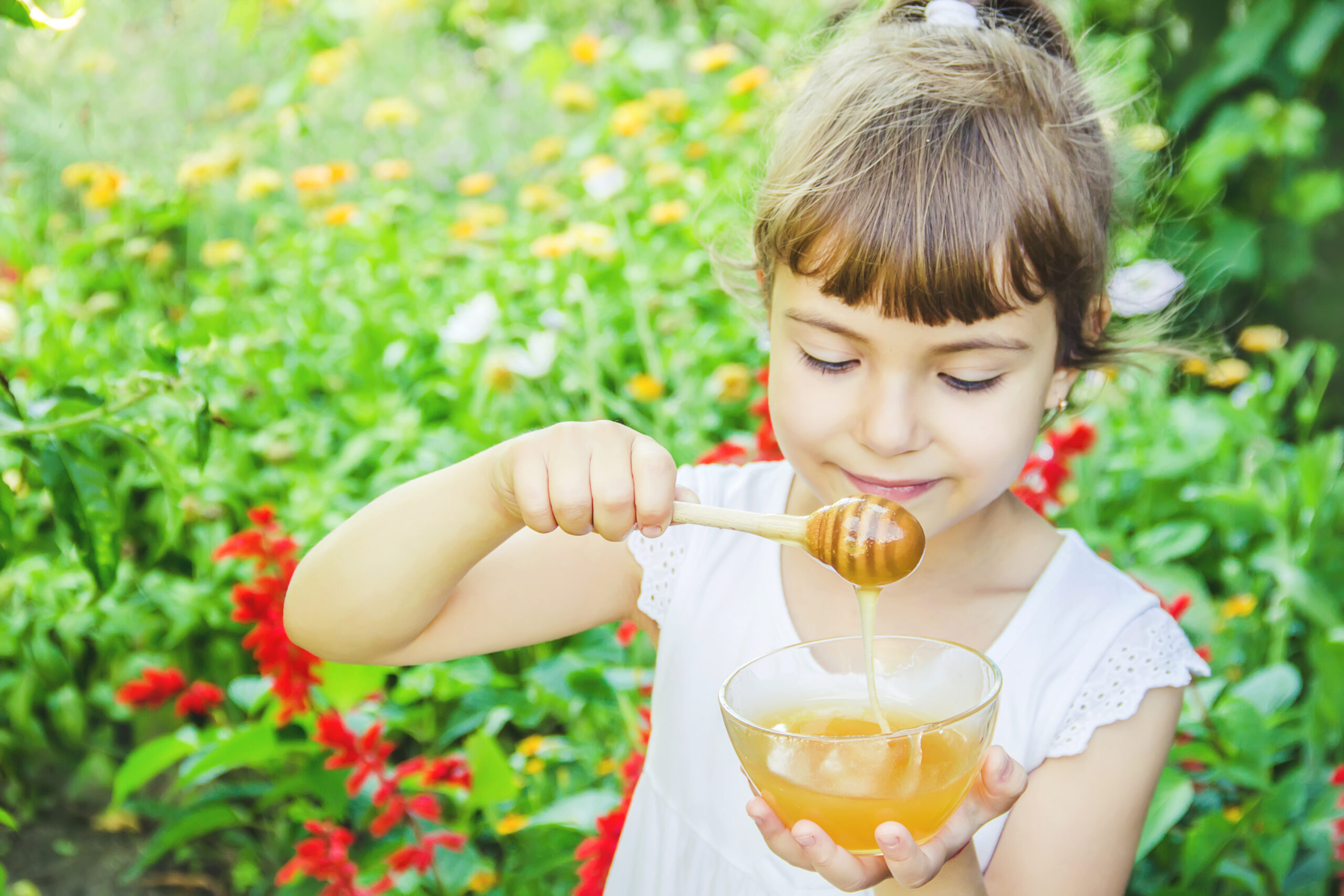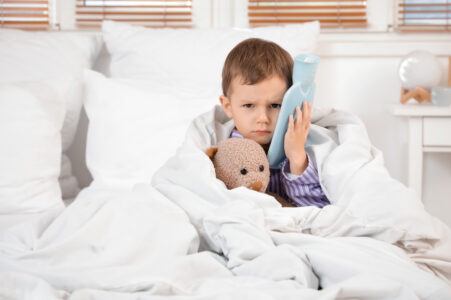
Is It Safe for Infants to have honey?
Theories on introducing food to babies, has changed a lot in the last 10 years. However, that is not the case with honey or products that are made with honey. Honey is not safe for consumption in any infants under the age of 12 months. The Academy of Pediatrics recommends that infants do not consume honey or any honey containing products, including honey cereals, until after their 1st birthday.
Why is “Honey” dangerous for Infants?
The primary reason for not introducing honey to babies is Infant Botulism. Botulism is a rare but dangerous illness that is caused by a bacterium called Clostridium Botulinum. Honey can contain Botulism spores which, when ingested, can produce a toxin that may result in Infant Botulism.
Babies’ digestive systems are too immature to prevent this bacteria from forming a toxin and do not have the intensity of acids in the digestive system to fend off the poison. Infants under 6 months are at the highest risk. Adults and older children can handle the exposure to small amounts of honey, due to a more mature effective digestive system.
What about other types of sweeteners?
Some pediatricians do not recommend giving infants any type of sweeteners until after their first birthday. Botulism spores can also be found in soil, so honey isn’t the only way that infants can be exposed, however not giving honey is an easy way to limit the risk to infants. Sweeteners such as molasses and corn syrup, may carry some risk for botulism. Maple syrup is generally considered safe because it comes from inside trees and cannot be contaminated by soil. It is best to consult your pediatrician before offering any sweeteners to your baby.
What are the symptoms of Botulism?
Symptoms of botulism include weakness, poor muscle tone, poor feeding, decreased movement, lethargy, weak cry and trouble breathing. Symptoms typically show up within 12 – 36 hours after eating contaminated foods. Some signs of illness may not show up until 14 days after exposure.
Can Botulism be treated?
Botulism can be treated if caught early and immediate emergency treatment is started, but may result in a lengthy life-threatening illness. If your infant has had exposure to honey, it is important to let your healthcare provider know especially if they develop any signs of illness.
Botulism is rare in the United States, but there are still documented cases occurring. Why risk something so serious that is so preventable with the avoidance of honey in the first year of life.
If you have questions or concerns regarding your infants’ health or diet, please contact your pediatrician or other healthcare provider.
Little Spurs Pediatric Urgent Care opened in 2006 in San Antonio, Texas. With multiple locations in San Antonio and Dallas, they are open seven days a week with extended evening hours and see walk-in patients or through an online check-in system. They accept most commercial insurance and Medicaid plans. More information about Little Spurs Pediatric Urgent Care can be found at www.littlespurspedi.com



